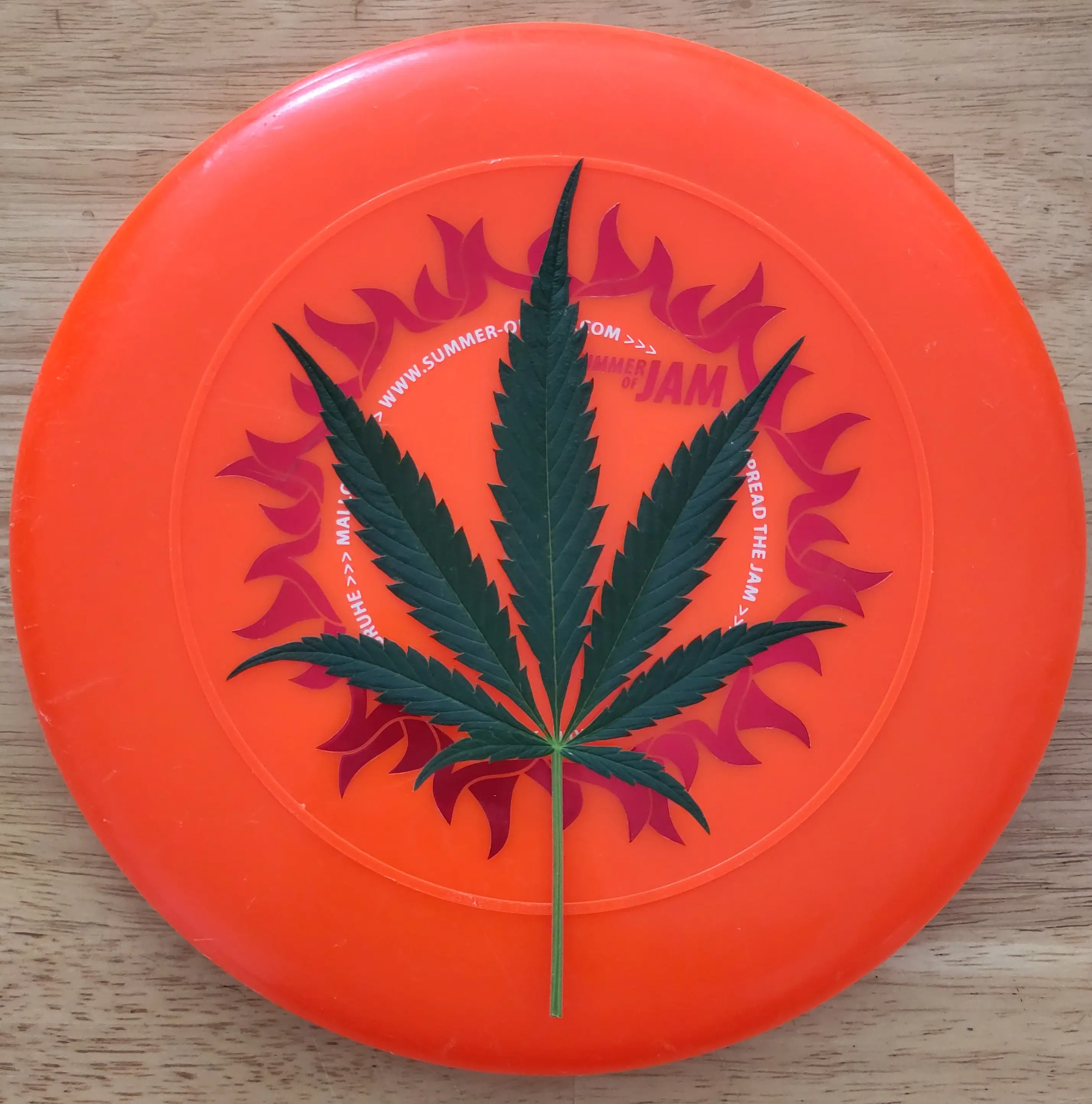I’m looking for a cheap and portable tablet that I can use for writing. Microsoft Surface Pro tablets, at least around the gen 4 models, are rather cheap to buy used, and they seem decently well made. Naturally, were I to buy one, I would have to install Linux onto it.
I’ve been peripherally aware of the Linux Surface project for some time now. I looked at it recently, after having not for some time, and it seems that they have really made good progress compared to what I remember, and it’s making me much more interested in trying to install Linux on a Surface Pro.
Having never owned a Surface Pro, I’m not sure which models are the most reliable and sturdy. I’m not looking for something that’s the flashiest; I want something that works well. I want something pragmatic — something akin to the idea of an older era of Thinkpad (eg T460). I want a pen with low input delay and good accuracy, reliable and responsive touch controls, and a decent display. I was thinking the Surface Pro 4 might be a good choice, but it’s hard to know as there aren’t many videos out there of people installing Linux on them, so I’m wondering what your experience has been with Microsoft Surface Pro’s and installing Linux on one.
Cross-posts:
They all work very well with the Linux Surface Kernel. Just make sure the model you prefer is listed. My Surface Laptop 4 with Debian is running just fine, but you can choose almost any distribution.
I installed some arch variant with a custom kernel that included the drivers on my SP3 a few years ago. Performed great, stable. Battery was meh, lost maybe 30% capacity which was pretty par for the course but maybe could have improved with more tuning. Tried using it primarily as a tablet and that sucked. Ran scripts to do things like help with palm rejection but it was just a poor tablet experience overall. Not that Windows provides a significantly better one. But certainly more usable.
It’s been 5 years though so maybe everything is better 🤞 . Please tell me if it is, I am thinking about flashing that same SP3 back to linux to be a dashboard somewhere.
It’s not terrible now, but it’s still not where you’d want it to be. I installed Fedora KDE spin on a surface pro 7 early this year and didn’t lose as much battery as you. Palm rejection is not where it should be but is better than it was 5 years ago with a few tweaks.
I’m not a big tinkerer anymore so someone with time and energy could probably do a better job with it. I think my personal biggest problem is that I did it on an external drive just to test it out and lost interest. I never use the damn thing anyway, Linux or not. I just don’t touch a computer outside of work except for my phone and some mini PCs I’ve set up as gaming consoles.
There is surface-linux, a project with custom stuff in it.
I installed Debian on it. Works great, sometimes the rotation is iffy but my surface also only has 4gb of ram. Either way, it runs way better on Debian than windows
I couldnt make it work as a tablet. The virtual keyboard is rarely ever working. Not even for entering the user session. And most apps are not designed for things like scroll or other gestures.
Hardware sucks ass… Linux is good though.
I don’t get this sentiment, not a m$ fan but the surface hardware always made sense to me. Full laptop specs in a tablet style shape with a unique and useful aspect ratio. Sure they gimped the processor but it’s still 4 times as much CPU as an ipad. It’s a shame that android or IOS seem to be the only truly usable tablet operating systems these days.
As a side note I’m pretty shocked still at how poorly windows 11 performs on my SP7. It’s weirdly bad considering it’s their own damn hardware. There have been improvements since these things ran Windows 8 but touch still feels like a gimmick rather than a first class experience.
Windows 10/11 really make the surface line feel sub-premium IMO, but you’re absolutely right that the hardware is pretty fucken solid.
the type covers are pretty ass though, i’d pay good money for a surface keyboard that’s like 5x thicker and has actual real switches.






